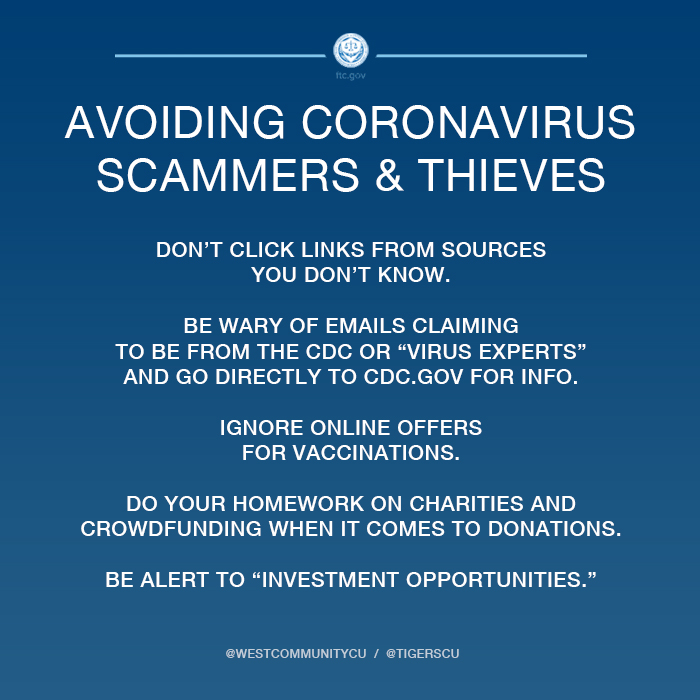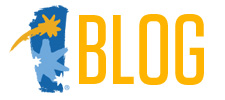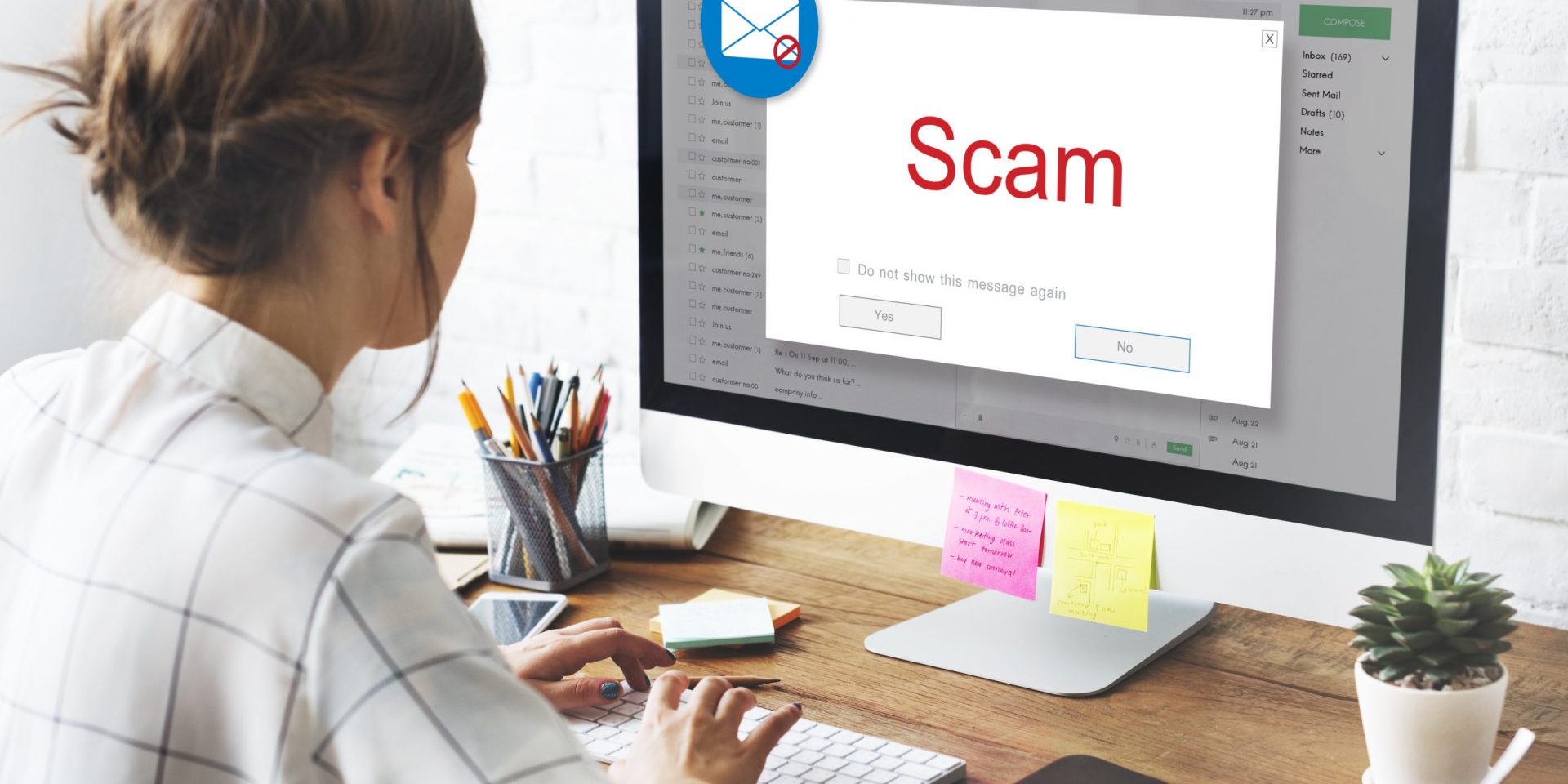The pandemic is testing both our physical and financial health. This is definitely uncharted waters as we’re living with heightened concern over the risk of being an essential worker, the distractions of working from home, or maybe even being out of work and worrying about how that affects our finances. But one thing that hasn’t taken a break are scammers.
Scammers are working overtime to take advantage of fears surrounding the Coronavirus by setting up websites and using fake emails, texts, and social media posts as a ruse to get your personal information and take your money.
Here’s an update on more scams we’re seeing, and steps you can take to protect yourself, your personal information, and your wallet.
Undelivered goods
Online sellers claim they have in-demand products, like cleaning, household, and health and medical supplies. You place an order, but you never get your shipment. Anyone can set up shop online under almost any name — including scammers.
What to do: Check out the seller by searching online for the person or company’s name, phone number and email address, plus words like “review,” “complaint” or “scam.” If everything checks out, pay by credit card and keep a record of your transaction.
Fake charities
When a major event or crisis happens, you might be looking for ways to help. Scammers use the same events to take advantage of your generosity. Some scammers use names that sound a lot like the names of real charities. This is one reason it pays to do some research before giving. Money lost to bogus charities means less donations to help those in need.
What to do: Use these organizations to help you research charities. When you give, pay safely by credit card — never by gift cards or wire transfer.
Fake emails, texts and phishing
Scammers use fake emails or texts to get you to share valuable personal information — like account numbers, Social Security numbers, or your login IDs and passwords. They use your information to steal your money, your identity, or both. They also use:
- phishing emails to get access to your computer or network.
- ransomware or other programs that can lock you out of your data if you click on a link.
- malware to infect your computer and anyone that you’re connected to through your computer to steal information.
- familiar company names or pretend to be someone you know.
Here’s a real-world example of a scam where phishers pretend to be the World Health Organization (WHO):

What to do: Protect your computer by keeping your software up to date and by using security software, your cell phone by setting software to update automatically, your accounts by using multi-factor authentication, and your data by backing it up.
Robocalls
Scammers are using illegal robocalls to pitch everything from scam Coronavirus treatments to work-at-home schemes.
What to do: HANG UP. Don’t press any numbers. The recording might say that pressing a number will let you speak to a live operator or remove you from their call list, but it might lead to more robocalls instead.
Misinformation and rumors
Scammers, and sometimes well-meaning people, share information that hasn’t been verified.
What to do: Before you pass on any messages, and certainly before you pay someone or share your personal information, do some fact checking by contacting trusted sources. For information related to the Coronavirus, visit What the U.S. Government is Doing. There you’ll find links to federal, state and local government agencies.

Never listen to anyone who discourages you from seeking information, verification, support and counsel from your family members, friends or trusted advisers before you make a financial decision. It is important to note that if we reach out to you, we will NEVER ask for confidential information such as your name, password, personal identification number (PIN) or other account information over an unsecure line.
If you suspect you’ve become a victim of a scam or you have any questions about a transaction that you think might be fraudulent on your account, contact your financial institution right away.
To learn more, visit:
- Coronavirus Scams: What the FTC is Doing at ftc.gov/coronavirus
- Centers for Disease Control and Prevention at Coronavirus Disease 2019 (COVID-19)




